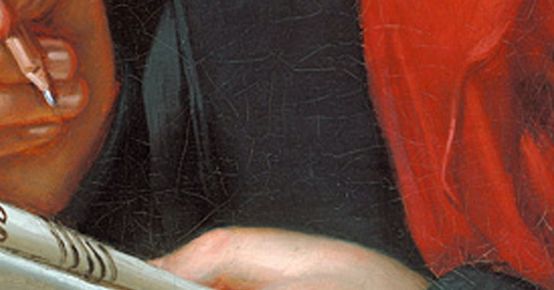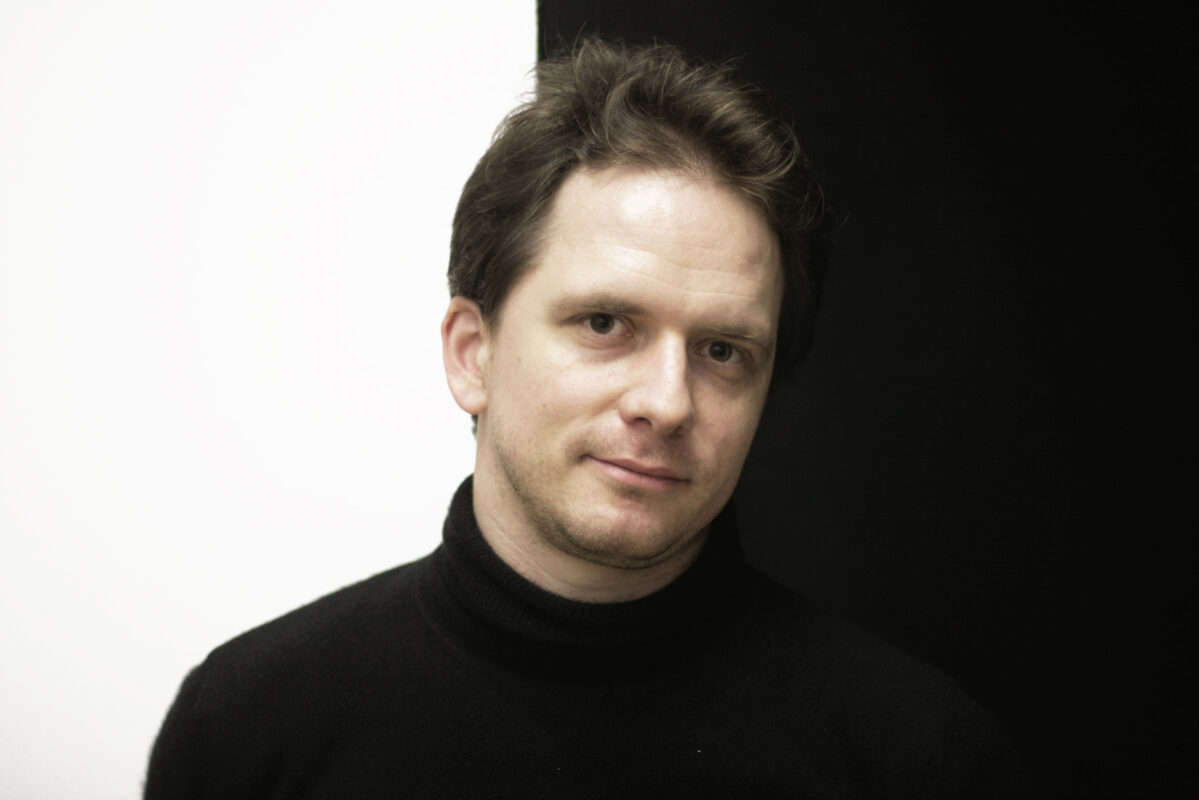String Quartet No. 14
Every Friday, Beethoven is here. To mark the 250th anniversary of Beethoven's birth, each week the Swiss Music Review takes a look at a different work from his catalog. Today, for the String Quartet No. 14 in C sharp minor.

In 1826, the Schott publishing house wanted to be sure before signing the contract that this quartet was not an arrangement. Beethoven, a little annoyed, noted on the proof: "collection of things stolen here and there". Fearing to be taken at his word, he explained himself shortly afterwards in a letter: "You wrote that it was supposed to be an original quartet, which offended me, so, as a joke, I wrote that it had been stolen. But it wasn't. It's absolutely new.
With a total of seven movements (Beethoven spoke of "pieces"), four of which can be combined to form two pairs, the quartet enters a new dimension, even from the outside. But the characteristics of the individual movements also point well beyond the horizon of the period, even into the 20th century: the fugato melancholy of the first movement; the second, which subtly goes round in circles; the recitative-like third, which leads to the central variations, the presto as well as the short, elegiac sixth movement, which precedes an angular, subjective finale. Although Beethoven was unable to attend a public performance of the work, he demanded that it be performed almost without interruption. Karl Holz, cellist with the Schuppanzigh Quartet, asked in a conversation notebook at the end of August 1826: "Should we play it without stopping? - But then we won't be able to do an encore! - When will we be able to tune in? [...] We'll order strong strings. It's easy to imagine the corresponding responses.
According to Holz's recollections, later transcribed by a third person, this string quartet was also the last music Franz Schubert ever heard. A few days before his death, a private performance is said to have taken place; Schubert may even have taken the viola part himself. Ludwig Nohl writes: "Messrs Holz, Karl Groß and Baron König played it to please him. Only Doleschalek, the piano teacher, was also present. Schubert was so delighted, so enthusiastic and so touched that everyone feared for his health. A little malaise that had preceded and had not yet completely passed grew strongly, turned into typhus, and Schubert died five days later". (Beethoven, Liszt, Wagner. An image of the artistic movement of our century. Vienna 1874, p. 111 ff)
Aufnahme auf idagio
Keeping in touch
A weekly newsletter reveals the latest column on line. You can subscribe by entering your e-mail address below, or by subscribing to our RSS feed.








